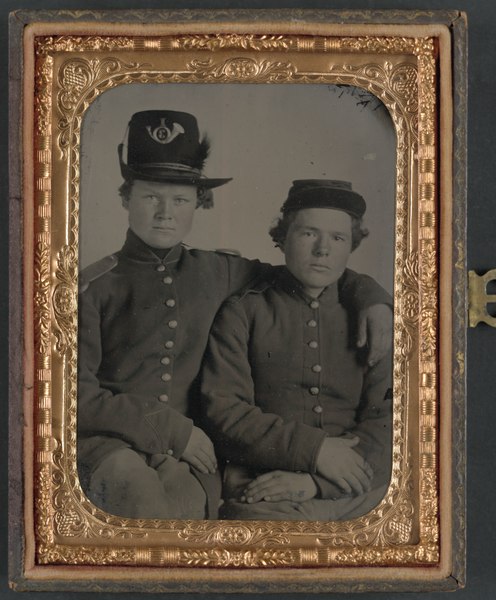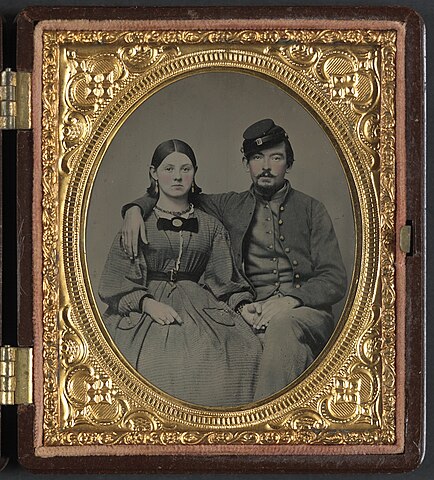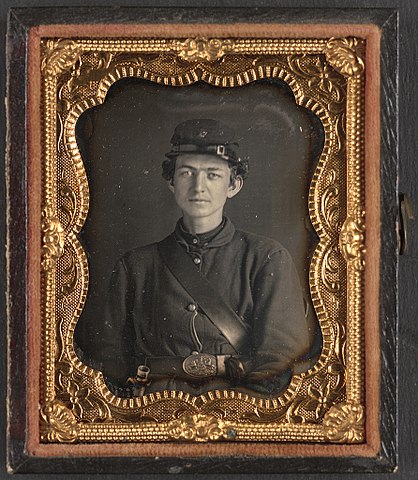
The Thammasat University Library has acquired a new book about a noted American author that should be of interest for TU students of history, sociology, political science, gender studies, and related fields. Walt Whitman Speaks: His Final Thoughts on Life, Writing, Spirituality, and the Promise Of America, as told to Horace Traubel is shelved in the General Stacks of the Pridi Banomyong Library, Tha Prachan campus.
It contains thoughts expressed by Walt Whitman, considered one of America’s most renowned poets of the 1800s, as discussed with a friend of his.
Whitman is celebrated as a poet of the American Civil War, during which he visited hospitals to help take care of wounded soldiers. He was so devoted to this task that he damaged his own health during the years of the war, which ended in the year 1865.
The TU Library owns a number of other books by and about Whitman.

Thailand and Walt Whitman
Whitman’s fame and influence are international, and have reached Thailand. In December 2017, Thailand Tatler magazine reported in a series of articles on Society Bookworms that Prabda Yoon, the 2002 Southeast Asian Writers Award (SEA Write) Award winner, is a fan of Whitman:
Prabda reads widely, as indicated through his favourite titles—from Walt Whitman’s Leaves of Grass and The Complete Works of Edgar Allan Poe to David Hume’s A Treatise of Human Nature and Ethics by Baruch Spinoza.
All of these books are available from the TU Library. Whitman’s Leaves of Grass is his most celebrated poetry collection. In it, the poet describes working people and nature as well as the arts in vivid ways.
His writing has long been appreciated in Asia, as an entry from the Whitman Encyclopaedia explains:
Of the vast number of foreign writers China has introduced and translated, none other seems to have enjoyed the kind of respect and popularity that Whitman holds. His free verse helped start China’s New Poetry movement in the first decades of the twentieth century, and he is one of the very few foreign writers for whom biographies have been written in China. Whitman was first introduced into China in 1919, a year marked by great turmoil and patriotic passion that witnessed the famous May Fourth movement. This movement was an essential component of the larger New Culture movement, characterized by a cry for the downfall of Confucianism and the adoption of two Western ideals: science and democracy. In the wake of the May Fourth movement, Tian Han, later known as one of China’s foremost playwrights and poets, published the introductory essay, “The Poet for the Common People: Commemorating the Centennial Anniversary of Whitman’s Birthday,” in the inaugural issue of Young China, a radical journal for contemporary intellectuals. The importance and accomplishment of this long essay cannot be overestimated. It reached a large audience of intelligentsia, and essays on and translations of Whitman soon began to surface in journals and newspapers. Tian’s essay was certainly read by Guo Moruo, then studying in Japan, who would come to be known as the apostle of Whitman and recognized as the most important voice in Chinese new poetry (that is, vernacular poetry as opposed to the traditional, classic poetry that had reigned in Chinese literature for two thousand years). Guo not only read Whitman’s poetry in English and Japanese; he also translated some of the poems into Chinese, though only a small portion of his translations have survived. Guo thought that the spirit of the American poet was identical with the Chinese May Fourth spirit.
In Thailand, readers appear to be most impressed by Whitman’s appreciation of nature. He is quoted on the website of the Pala-U Scenic Park outside Hua Hin:
The Park is designed to emulate the privately owned tropical gardens of the Hawaiian Islands which are so popular with tourists that the number of visitors per day has to be limited. The design takes account of modern thinking about the ecological role of private gardens in the environment bearing in mind that the climate is changing, storms are fiercer, flash floods more frequent and the dry season is more prolonged… The Park would appeal to gardeners, to all those that love flowers, who appreciate the beauty of the landscape, unpolluted fresh air and generally fine weather conditions. It is not necessary to be a specialist to enjoy the Park. As the 19th century American poet, WALT WHITMAN wrote:
You must not know too much, or be too precise or scientific about birds and trees and flowers and water-craft; a certain free margin, and even vagueness—perhaps ignorance, credulity—helps your enjoyment of these things, and of the sentiment of feather’d, wooded, river, or marine Nature generally.
This completed quotation is from Specimen Days, a collection of Whitman’s prose writings which are preferred by some readers to his poems, especially the articles about wounded Civil War soldiers in army hospitals.

Siam and Walt Whitman
Whitman was well-known for taking an interest in many different nations, cultures, religions, and ways of life. His interest extended to Siam, as a record of newspaper articles studied and preserved by Walt Whitman and found in his scrapbooks and among his papers proves.
These include articles that he clipped out of newspapers in the 1800s for further study, with the headlines Commercial Relations with Siam; The Two Kings of Siam; and Siamese poetry.
In the 1850s, Whitman clipped out a number of articles about Siamese proverbs and poems, to which he added his written comments. According to an authoritative website about Whitman’s life and work, Whitmanarchive.org:
Whitman’s handwritten comment at the top of page indicates that he may have been considering a poem entitled “Poem among the Siamese.” At the bottom of the page is a chunk of text which may be a draft poetic line or else notes about possible elements to include in the poem.
Whitman wrote on this clipping in black ink:
Poem among the Siamese. The cast of the Southern Asiatic mind, literature, poetry.—Caste — Suppleness, — so much that the Teutonic descendant cannot sympathize with.—
Whitman was suggesting that people of German, or Teutonic, ancestry, cannot find it easy to understand the Siamese mind which is more flexible or supple than theirs. He stated that the South Asian way of thinking, literature, poetry, and attitudes about social rank are different from those in Western Europe. If Whitman ever wrote this planned poem, a copy has not survived.
His research on Siam also extended to reading books about the nation, including C.F. Volney’s The Ruins, or, Meditation on the Revolutions of Empires, published in 1890. This translation of a study by the French philosopher, historian, and orientalist Constantin François de Chassebœuf, Count of Volney, may be borrowed through the TU Library Interlibrary Loan (ILL) service.
It describes, among other aspects of life in Asia, the Talapoins of Siam, a term of unknown origin commonly used by Europeans, starting with the Portuguese, to refer to Siamese monks in the 1600s and 1700s.

(All images courtesy of Wikimedia Commons)
